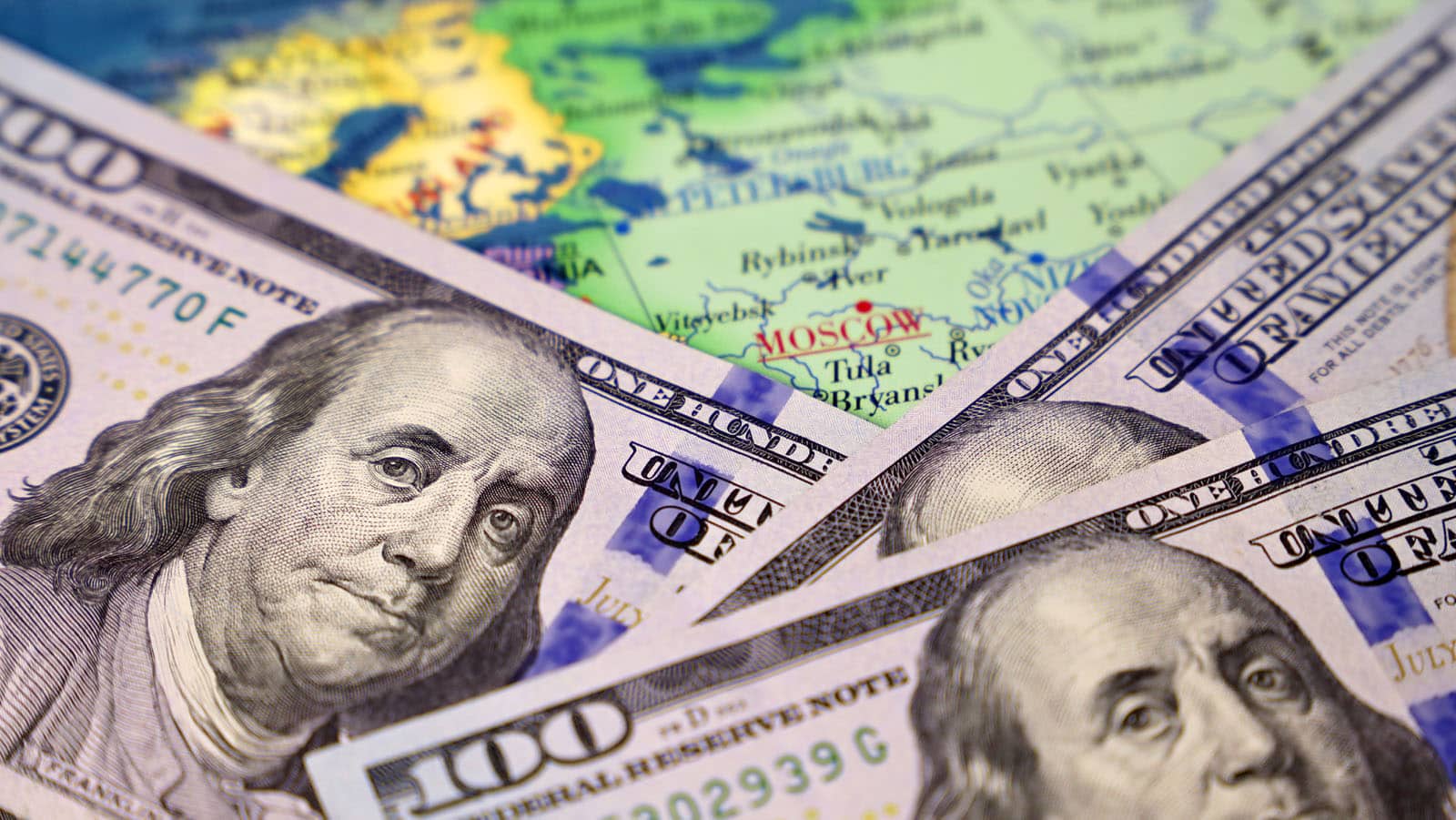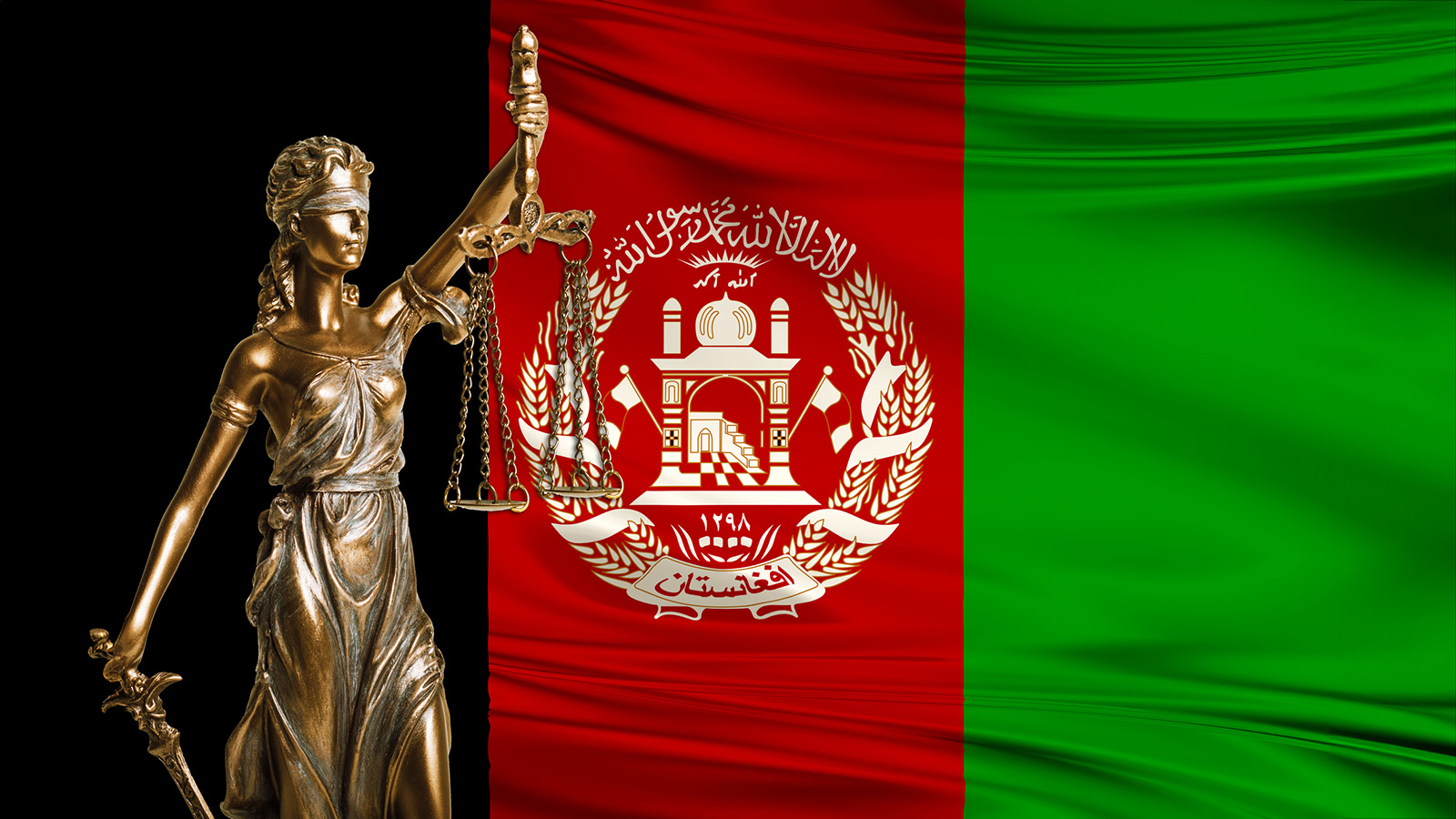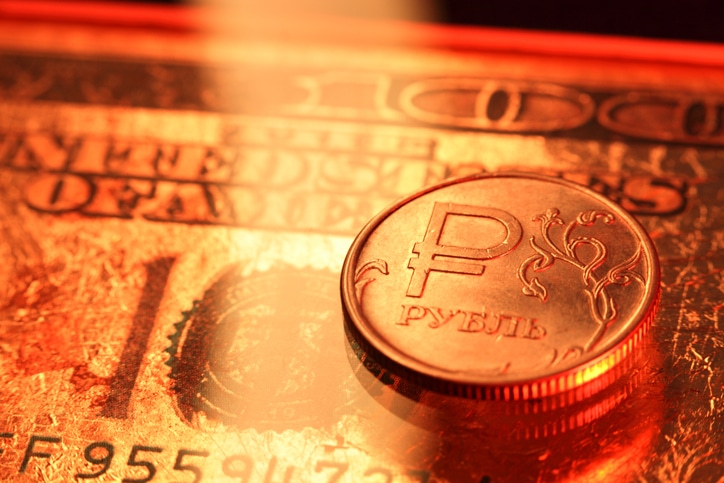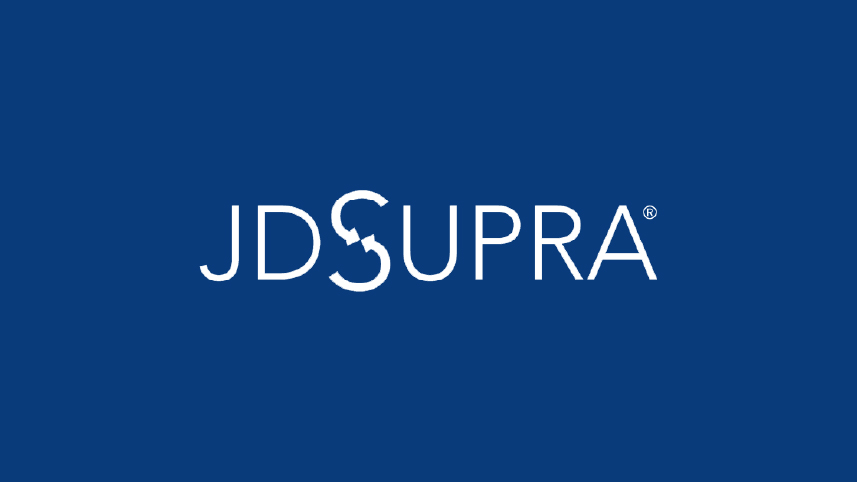May 14, 2025

This information is provided for educational purposes only by Kohn, Kohn & Colapinto and does not constitute legal advice. No attorney-client relationship is created by accessing this content. Laws and regulations may change, and this material may not reflect the most current legal developments. If you believe you have a whistleblower claim, consult a qualified attorney to discuss your specific circumstances.
In December of 2022, the AML Whistleblower Improvement Act was passed, which allows individuals to anonymously blow the whistle on money laundering and sanctions violations and receive protections and rewards for their information.
This new act also allows individuals to report violations of disclosure duties, trade sanctions, or U.S. export control to The Department of the Treasury’s Office of Foreign Assets Control (OFAC) and become eligible for rewards related to such illegal activity.
Violations includes engaging in (but not disclosing) trade or financial transactions with parties who pose a threat to U.S. foreign policy and national security, including foreign countries and regimes, narcotics traffickers, terrorists, and proliferation of weapons of mass destruction.
What Constitutes a Violation?
- Failing to disclose material information
- Misrepresenting information
- Selectively disclosing information
- Failing to update information
Trade or financial transactions and other dealings in which U.S. persons may not engage unless authorized by OFAC or expressly exempted by statute. Because each program is based on different foreign policy and national security goals, prohibitions may vary between programs.
Sanctions Programs
Sanctions programs are used by governments to pressure other countries, individuals, or entities to change their destructive behavior. They work by restricting economic or diplomatic activities. OFAC administers several different sanctions programs:
- Afghanistan-Related Sanctions
- Balkans-Related Sanctions
- Belarus Sanctions
- Burma Sanctions
- Central African Republic Sanctions
- Chinese Military Companies Sanctions
- Counter Narcotics Trafficking Sanctions
- Counter Narcotics Trafficking Sanctions
- Counter Terrorism Sanctions
- Cuba Sanctions
- Cyber-related Sanctions
- Democratic Republic of the Congo-Related Sanctions
- Ethiopia-Related Sanctions
- Foreign Interference in a United States Election Sanctions
- Global Magnitsky Sanctions
- Hong Kong-related Sanctions
- Hostages and Wrongfully Detained U.S. Nationals Sanctions
- Iran Sanctions
- Iraq-Related Sanctions
- Lebanon-Related Sanctions
- Libya Sanctions
- Mali-Related Sanctions
- Nicaragua-related Sanctions
- Non-Proliferation Sanctions
- North Korea Sanctions
- Russia-Related Sanctions
- Somalia Sanctions
- South Sudan-Related Sanctions
- Sudan, Darfur, and South Sudan-related Sanctions
- Syria-related Sanctions
- Transnational Criminal Organizations
- Ukraine-/Russia-related Sanctions
- Venezuela Sanctions
- West Bank-Related Sanctions
- Yemen-related Sanctions
The sanctions can be either comprehensive or selective, using the blocking of assets and trade restrictions to accomplish foreign policy and national security goals. It’s important to note that sanctions can be placed on either a company or individual on OFAC’s SDN List.
AML / OFAC Whistleblower Awards
Under the new AML laws, whistleblowers who report sanctions violations or evasion are eligible to receive 10 to 30 percent of the sanctions collected by the Department of Treasury in a successful enforcement action, when the penalties exceed $1 million.
Keep in mind, activity that violates the Export Control Reform Act may constitute a “related action” for which financial awards are also available under the Whistleblower Provisions of the AML Whistleblower Improvement Act.
OFAC encourages anyone with information of violations to report their concerns voluntarily. However, this comes with great risks, as it exposes those reporting concerns to retaliation. Under 31 U.S.C. § 5323, whistleblowers may submit tips anonymously to protect themselves from such retaliation; but they must be represented by an attorney.
Whether a whistleblower needs to remain anonymous will ultimately depend on the information they possess. Given the complexity of such cases, and to increase the chances of receiving the highest award amount possible, we highly recommend seeking legal representation.
Real-World Examples of OFAC Violations
Binance Holdings, Ltd. (2023)
In November of 2023, Binance agreed to a settlement agreement of approximately $4.316 billion for failing to implement the proper Know Your Customer (KYC) procedures and to implement an effective AML program. They also failed to file a single Suspicious Activity Report (SAR) with FinCEN regarding any suspicious activity on the platform – they should have filed multiple SAR’s.
Binance also agreed to a settlement with OFAC of $968 million for allowing users from comprehensively sanctioned countries like Iran and North Korea to use their exchange to make trades on their platform. This also required Binance to abide by robust compliance obligations and cooperation with FinCEN.
This allowed for such blacklisted operators to process transactions, which led to the furtherance of child exploitation material, ransomware attacks, darknet activity, terrorism, and financial support of other illicit marketplaces and exchanges. In specific, the violations included the following:
- [Violation 1 Iran]: Respondent matched and executed 1,205,784 trades totaling $599,515,938 in virtual currency and futures products between U.S. persons and persons located in Iran in apparent violation of the prohibition against the direct or indirect exportation, re- exportation, sale or supply of goods or services to Iran.
- [Violation 2 Syria]: Respondent matched and executed 42,609 trades totaling $17,965,226 in virtual currency and futures products between U.S. persons and persons located in Syria in apparent violation of the prohibition against the direct or indirect exportation, re-exportation, sale or supply of goods or services to Syria.
- [Violation 3 North Korea]: Respondent matched and executed 80 trades totaling $43,745.88 in virtual currency between U.S. persons and persons located in North Korea in apparent violation of the prohibitions against the direct or indirect exportation or re-exportation of goods or services to North Korea.
- [Violation 4 Crimea Region of Ukraine]: Respondent matched and executed 409,295 trades totaling $86,977,789 in virtual currency and futures products between U.S. persons and persons located in the Crimea Region of Ukraine in apparent violation of the prohibitions against the direct or indirect exportation, re-exportation, sale or supply of goods or services to the Crimea Region of Ukraine.
- [Violation 5 Cuba]: Respondent matched and executed 9,315 trades, totaling $1,535,225, in virtual currency and futures products between U.S. persons and persons located in Cuba, in apparent violation of the prohibition on the transfer of property or property interests subject to U.S. jurisdiction in which Cuban nationals have an interest.
- [Violation 6 LNR and DNR Regions of Ukraine]: Respondent matched and executed 68 trades, totaling $14,159, in virtual currency and futures products between U.S: persons and persons located in the LNR and DNR, in apparent violation of the prohibition against the direct or indirect expo1tation; re-exportation, sale or supply of goods or services to the LNR or DNR.
- [Violation 7 Blocked Persons]: Respondent matched and executed two trades, totaling $16,043, in futures products between U.S. persons and persons whose property and interests in property are blocked pursuant to § 594.20 I (a) of the Global Terrorism Sanctions Regulations, 31 C.F.R. part 594, causing U.S. persons to engage in transactions or dealings in the property or interests in property of such blocked persons, in apparent. violation of Section 206(a) of the International Emergency Economic Powers Act, 50 U .S.C. § 170 I et seq.
The settlement significantly damaged Binance’s reputation and raised concerns about its commitment to compliance. The long-term impact of the violations and settlement on Binance’s operations and user base remains to be seen.
Seeking Legal Assistance
In partnership with the National Whistleblower Center, our firm led a grassroots campaign that resulted in the successful passing of the Anti-Money Laundering Improvement Act. Our firm was the first to find loopholes in the law, which lacked important award and protection provisions.
We’ve been representing whistleblowers since 1988 and have established ourselves as one of the most respected whistleblower law firms in the world. If you have information regarding an AML violation, a violation of the Bank Secrecy Act (BSA), or sanctions evasion, get in touch with our attorneys today for a free and confidential case review.





